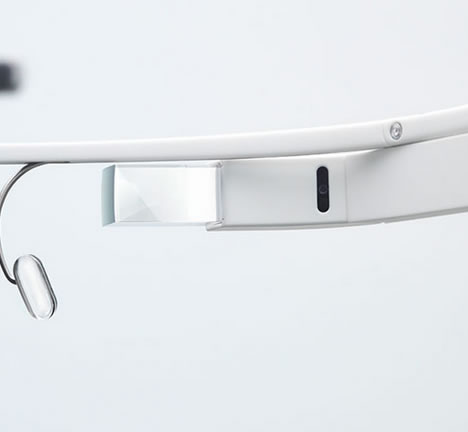New Jersey Regulators Let Casinos Pass on Google Glass

Google Glass isn’t even available to the public yet, and already the list of places where you won’t be able to wear them is growing by leaps and bounds.
The latest entrant to the cadre of establishments that won’t permit you to wear Google Glass within their property: New Jersey’s casinos.
That’s after the New Jersey Division of Gaming Enforcement issued an advisory to the state’s casinos alerting them that banning Google Glass on the casino floor was well within current New Jersey gaming regulations.
The advisory outlined a number of ways that Google Glass could potentially be used to advance cheating or other potentially illegal behavior on the part of casino patrons. One example that received particular attention from the Division of Gaming Enforcement: poker. The advisory specifically details a scenario in which Google Glass could be used to cheat at poker games, warning that Glass could allow one cheater to “broadcast a patron’s hand to a confederate.”
Such collusion is obviously possible without Google Glass, but having the ability to record video and beam it instantly to an online account obviously exacerbates the issue and lowers the barrier to collusive activity.
No new regulations required in New Jersey
In general, devices which allow casino patrons to gain an advantage above and beyond what could be gained by natural observation and analysis are banned in states with commercial casinos. As a result, it’s not necessary for New Jersey regulators to introduce any new regulations; instead, existing regulations appear to clearly apply to the use of Google Glass.
Of course, as Google Glass transitions into a mature product and its actual predominant uses become more apparent, New Jersey regulators may be required to update regulations in order to specifically address the technology.
Industry-wide ban on Glass seems likely
It’s widely assumed that nearly all – if not each and every – casino will enforce some sort of anti-Google Glass policy.
Caesars is the first major nationwide casino in the United States to take an official position on the use of Google Glass, banning it from all properties earlier this year. Citing Nevada regulations, Caesars spokesperson Gary Thompson explained to Computer World that “individuals wearing Google Glass would not be allowed to gamble. If they attempted to do so, would be subject to arrest under various state gaming regulations.”
One wonders if a gambling company more comfortable with the Internet and accompanying technology would be more comfortable with allowing Google Glass. For example, if PokerStars had succeeded in its bid for the Atlantic Club, would they have taken a friendlier approach to Google Glass than a Caesars or MGM?
Trickier questions for casinos and Glass ahead
An interesting question that will almost certainly arise in the coming months is whether casino employees will be subject to the same restrictions as customers with regard to Google Glass. It’s a clear win for casino security to be able to wear Google Glass, but we can also imagine a world in which pit bosses and casino hosts used the technology to improve customer service. There’s also the potential for Google Glass to help bolster problem gambling prevention, especially when it comes to maintaining the integrity of a self-exclusion list.
But decisions on those intricacies will wait for another day, a day when Google Glass is an actual product and not a theoretical one. Until we cross that bridge, the optimal way of integrating Google Glass into the casino experience for customers and employees will remain a largely hypothetical discussion.









